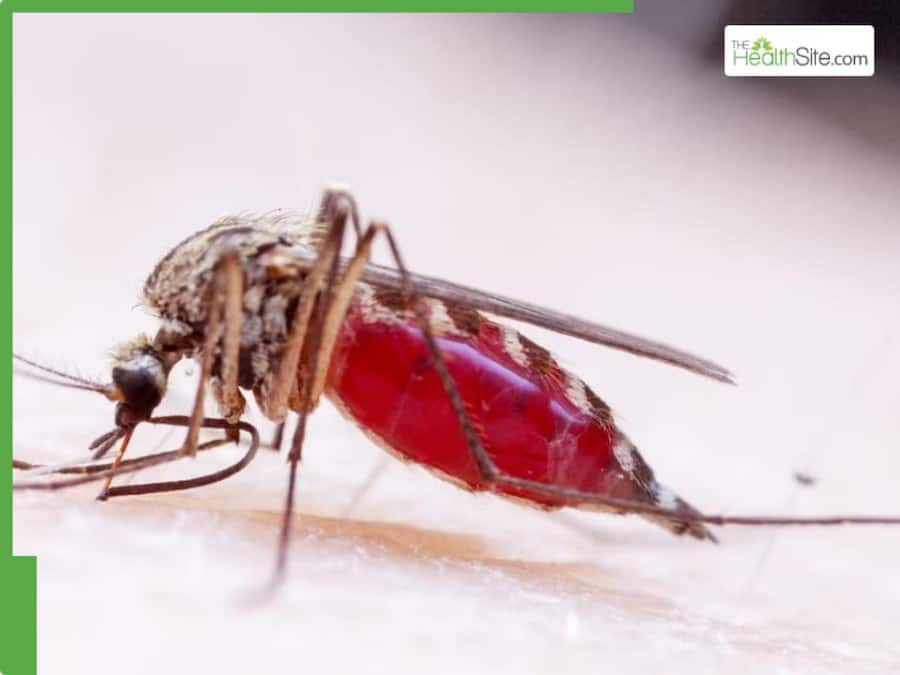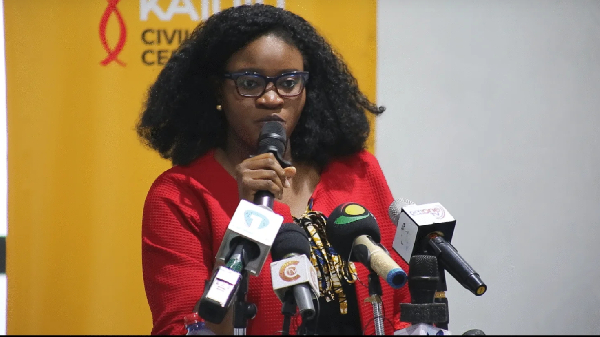What Is West Nile Virus? A Dengue Like Fever Sparks Fear Among Locals In Georgia | TheHealthSite.com

A mosquito-borne disease known as West Nile Virus (WNV) is spreading in Fulton County, Georgia, leaving many locals in fear.
In a recent report by the Fulton County Board of Health, two mosquitoes trapped in Hapeville and Northwest Atlanta tested positive for WNV.
The West Nile Virus is similar to dengue fever, which is spread to people by the bite of infected mosquitoes.
This mosquito-borne disease looms especially during summer and continues through fall across Africa, Europe, the Middle East, North America and West Asia.
According to the Center for Disease Control and Prevention (CDC), West Nile Virus, belonging to a group of viruses called flaviviruses, can be transmitted from person to person through blood transfusion and organ transplantation.
Hence, an individual who is recently diagnosed with the disease is advised not to donate blood or bone marrow for at least 120 days following infection.
Most people do not show any symptoms of the disease. However, the CDC explains that about 1 out of 5 infected people experience fever, headache, body aches, joint pains, vomiting, diarrhoea, or rash.
In severe cases, which rarely occur in 1 out of 150 infected people, show signs affecting the central nervous system, like inflammation of the brain and membranes. The World Health Organization (WHO) warns that West Nile Virus can cause neurological disease and death in people.
While mild cases typically resolve in 3 to 6 days, severe illness can last up to several weeks or months.
There is no specific treatment for West Nile Virus, and not even antibiotics work.
CDC recommends complete bed rest during this illness, including plenty of fluid intake, which could be water, organic juice and more.
Infected people with severe conditions can receive supportive treatment, like intravenous fluids, pain medication, and nursing care.
Since it is a mosquito-borne disease, the best way to protect against West Nile Virus is to protect yourself from mosquitoes.
Here are some ways to protect yourself from mosquito bites:
Don’t Miss Out on the Latest Updates.
Subscribe to Our Newsletter Today!

You may also like...
Diddy's Legal Troubles & Racketeering Trial

Music mogul Sean 'Diddy' Combs was acquitted of sex trafficking and racketeering charges but convicted on transportation...
Thomas Partey Faces Rape & Sexual Assault Charges

Former Arsenal midfielder Thomas Partey has been formally charged with multiple counts of rape and sexual assault by UK ...
Nigeria Universities Changes Admission Policies

JAMB has clarified its admission policies, rectifying a student's status, reiterating the necessity of its Central Admis...
Ghana's Economic Reforms & Gold Sector Initiatives

Ghana is undertaking a comprehensive economic overhaul with President John Dramani Mahama's 24-Hour Economy and Accelera...
WAFCON 2024 African Women's Football Tournament

The 2024 Women's Africa Cup of Nations opened with thrilling matches, seeing Nigeria's Super Falcons secure a dominant 3...
Emergence & Dynamics of Nigeria's ADC Coalition

A new opposition coalition, led by the African Democratic Congress (ADC), is emerging to challenge President Bola Ahmed ...
Demise of Olubadan of Ibadanland
Oba Owolabi Olakulehin, the 43rd Olubadan of Ibadanland, has died at 90, concluding a life of distinguished service in t...
Death of Nigerian Goalkeeping Legend Peter Rufai

Nigerian football mourns the death of legendary Super Eagles goalkeeper Peter Rufai, who passed away at 61. Known as 'Do...



